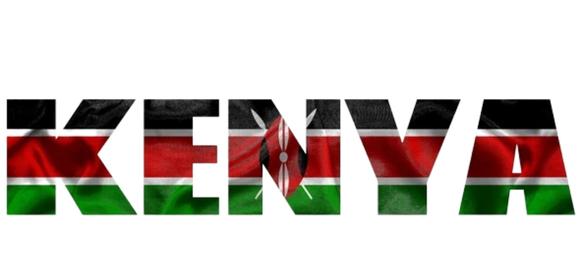





The “Assistance Control” project was inspired by the basic idea of the “Bologna Process”, a Pan-European collaboration which started in 1999, to adapt technology to provide a better quality of education that would allow improvement of the next generation of classroom teaching.
The best project finally chosen and tested involved students registered for classes with NFC phones, during the academic year 2011–2012 at “Universidad Pontificia de Salamanca, Campus Madrid” (UPSAM).
This resulted in the senior students at the School of Computer Engineering to certify 99.5% accuracy and ease of attendance that ensured continuous assessment without loss of instructional time allocated to this activity.
Source : Science Direct Volume 40 Issue 11, 1st September 2013, Pages 4478-4489